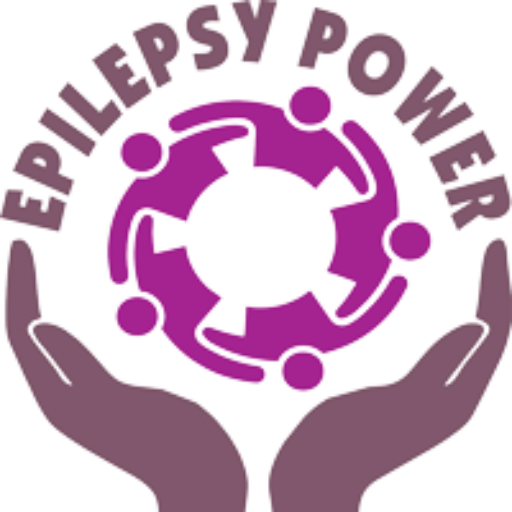- Introduction
- Section 1: Obstacles to better professional integration for people with disabilities, particularly epilepsy
- Section 2: The international legal framework
- Section 3: The european legal framework
- Section 4: Equal opportunity rights in Italy
- Section 5: Equal opportunity rights in Bulgaria
- Section 6: Equal opportunity rights in Ireland
- Section 7: Equal opportunity rights in Germany
- Section 8: Equal opportunity rights in France
- Section 9: Summary of key points concerning legislation to promote the professional integration of disabled people in Italy, Bulgaria, Ireland, Germany and France.
- Concluding remarks
- Quiz
The main texts supplementing the international agreements ratified by the European States are:
Council Directive 2000/78/EC of November 27, 2000, which establishes a general framework for equal treatment in employment and occupation. It prohibits all discrimination on the grounds of disability, including epilepsy, and requires employers to take appropriate measures to enable disabled people to enter, remain in or progress in employment.
The European Disability Strategy 2021-2030 is based on concrete actions to combat discrimination, promote social inclusion, improve access to employment and education, and guarantee appropriate health and social protection services.
The strategy focuses on equality and non-discrimination, autonomy and quality of life, social inclusion and participation, employment and training, social protection and economic inclusion, education and culture, health, research and innovation.
The strategy aims to strengthen cooperation between EU member states to share best practices and harmonize policies. It also aims to set up monitoring and evaluation mechanisms to measure progress in implementing the strategy.
To find out more, visit the European Commission’s website: Disability Rights Strategy 2021-2030
